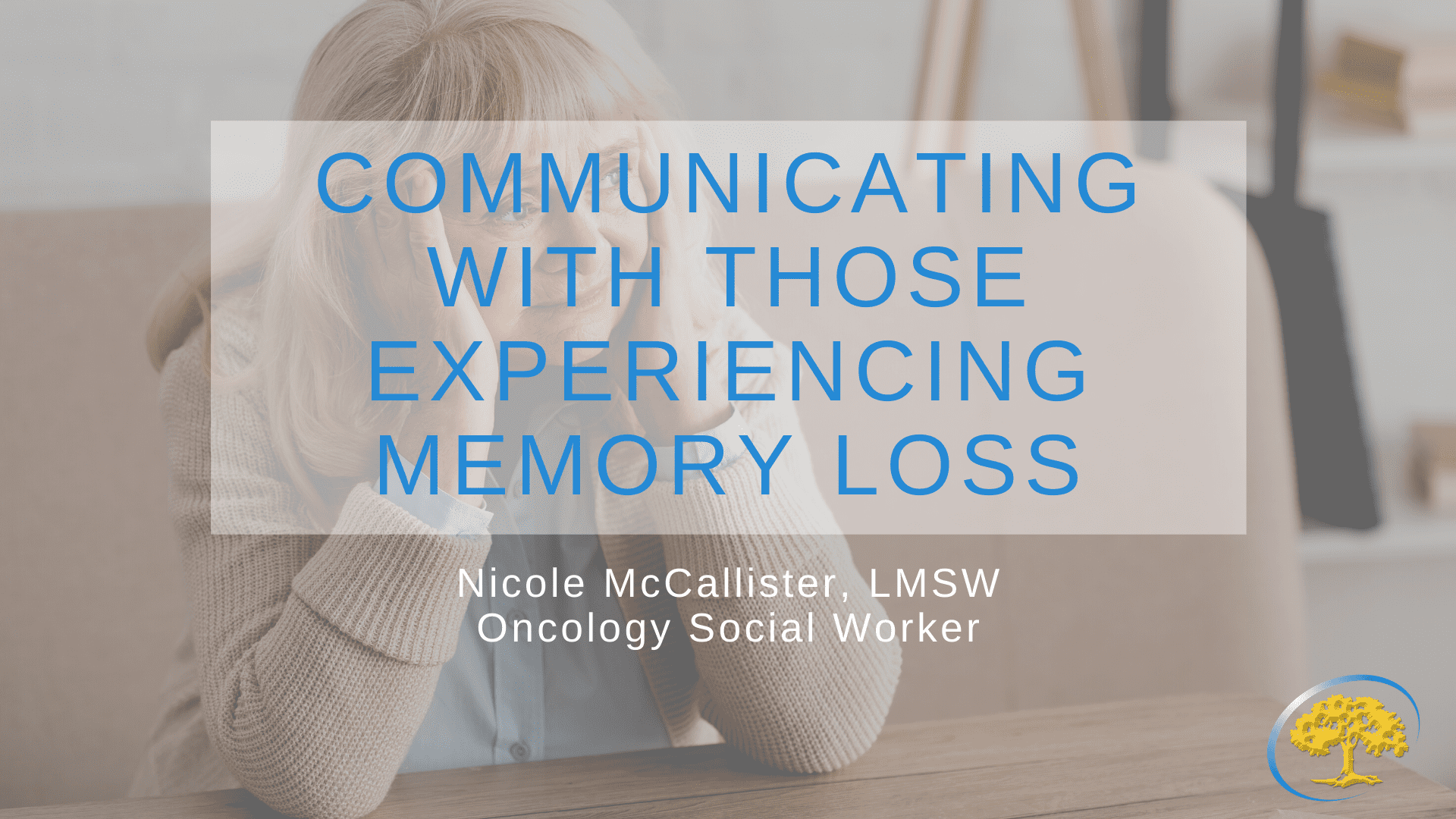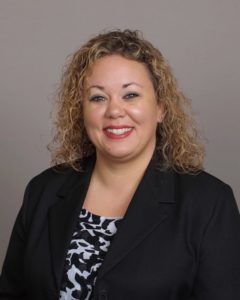
Posted 4 years ago
Communicating with those experiencing memory loss
Humans are social beings and the way we communicate, both verbally and non-verbally, has a significant impact on our interactions, relationships and experiences.
People who are experiencing memory loss, whether it is due to Alzheimer’s disease, dementia, or even cancer, can struggle to communicate effectively. These individuals may experience a range of emotions including anger, confusion, sadness, stress, and feelings of isolation, as their sense of self, connection with others, and abilities change.
The current research shows as many as four million people in the United States may have Alzheimer’s. As our population ages, that number is expected to increase. Memory loss is not an issue that arises overnight; it is a gradual change for most people. For caregivers, it can be a challenge to understand. It is not a visible injury or condition like that of a broken bone.
Dementia and Alzheimer’s disease affects various parts of the brain. Specific
As a family member, caregiver, or friend of someone experiencing memory loss, you can become a significant support to them. With your support, the person can maintain their independence and confidence, as well as their self-worth and esteem. At times, you may feel frustrated, confused, and even experience grief. Having these emotions is okay and normal. You are not alone and there are a lot of supports and resources in the community available to you.
Here are some tips to working with patients who have memory issues or deficits:
-
Avoid becoming frustrated with them. Use empathy and make them feel safe.
-
Keep communications short, clear and simple.
-
Use your name often when talking to them.
-
Write down notes of important information.
-
Speak slowly and in a soft tone.
Things you want to avoid doing when communicating include:
-
Try not to say things like, “you forgot” or “made a mistake.” It can be humiliating for the person to point out memory difficulties.
-
Avoid referencing past conversations you have had with the patient (they may not remember)
-
Offer one idea at a time and let them process it before you move on to the next.
An important thing to remember is that people with memory issues only understand the present moment. The best thing is to let them know that we enjoy their company in that moment. Due to physical changes in their brain, they may be challenged with recalling past memories or the ability to see the future. When caring for someone with memory loss, the most supportive thing.
About Nicole McCallister, LMSW

Nicole McCallister is a Licensed Master Social Worker. Nicole received her Master’s in Social Work from Arizona State University in August 2017. She received her Bachelor’s in Criminal Justice Studies in April 2003 from Grand Valley State University in Grand Rapids, MI.
About Ironwood Cancer & Research Centers
Ironwood Cancer & Research Centers (ICRC) is the largest multi-specialty oncology network in the Greater Metro Phoenix area. They have over 100 medical providers, a robust Integrative Services program, and a dedicated clinical research department. Ironwood Cancer & Research Centers has 15 valley locations and five comprehensive cancer care centers that offer a multi-disciplinary approach for expedited personalized patient care. For more information, please visit www.ironwoodcrc.com.
